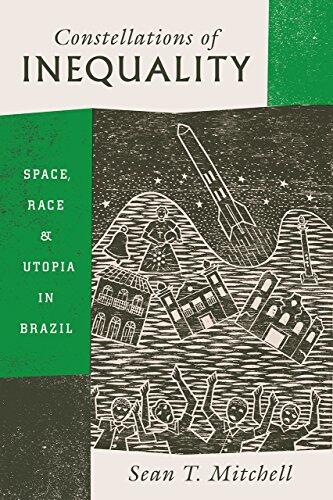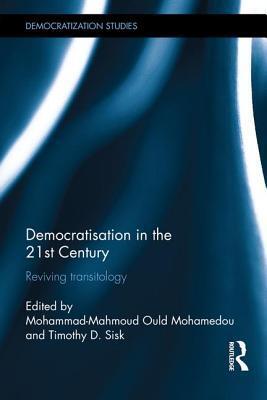
Constellations of Inequality: Space, Race, and Utopia in Brazil
No ratings yet
Science & Technology
History
Format
Paperback
Pages
272
Language
English
Published
Dec 6, 2017
Publisher
University of Chicago Press
Edition
1
ISBN-10
022649926X
ISBN-13
9780226499260
Description
In an exploration of Brazil's socio-political landscape, Sean T. Mitchell delves into the intricate relationships between space, race, and the ideal of utopia. The narrative is anchored in the Alcântara Peninsula, where the Brazilian Air Force set out to create a cutting-edge satellite launch facility in 1982. This ambitious project, while technologically significant, reveals the deeper undercurrents of inequality that permeate Brazilian society.
Mitchell paints a vivid picture of the region's transformation, emphasizing how these developments impact local communities. As the government prioritizes national advancement, the voices and rights of the residents often fade into the background. The author artfully critiques this dynamic, highlighting the intersection of space policy and social justice.
The book weaves together historical context and contemporary analysis, inviting readers to consider how policies regarding space affect marginalized populations. This examination of structural inequalities raises important questions about whom these advancements benefit and at what cost.
Through rich examples and thorough research, the narrative encourages a critical reflection on Brazil’s pursuit of progress. It challenges readers to envision a more equitable distribution of resources and opportunities within the sprawling tapestry of Brazilian identity.
Mitchell paints a vivid picture of the region's transformation, emphasizing how these developments impact local communities. As the government prioritizes national advancement, the voices and rights of the residents often fade into the background. The author artfully critiques this dynamic, highlighting the intersection of space policy and social justice.
The book weaves together historical context and contemporary analysis, inviting readers to consider how policies regarding space affect marginalized populations. This examination of structural inequalities raises important questions about whom these advancements benefit and at what cost.
Through rich examples and thorough research, the narrative encourages a critical reflection on Brazil’s pursuit of progress. It challenges readers to envision a more equitable distribution of resources and opportunities within the sprawling tapestry of Brazilian identity.
Reviews
Reading Log
No reading logs found
Start tracking your reading progress to see logs here
Add Your First Reading LogNotes
Transaction Log
No transaction logs found
Start tracking your book transactions to see logs here
Add Your First Transaction Log










![[(Sustainable Soil Management)] [ Edited by Deirdre Rooney ] [March, 2013]](https://images.bookpine.com/bdbe32bc-8762-47f9-9eec-01b7ab671767.jpg)

![[(Renewable Bioresources: Scope and Modification for Non Food Applications )] [Author: Christian V. Stevens] [Jun-2004]](https://images.bookpine.com/4e14658a-f0e6-4efe-bc40-b2993dee72e3.jpg)





